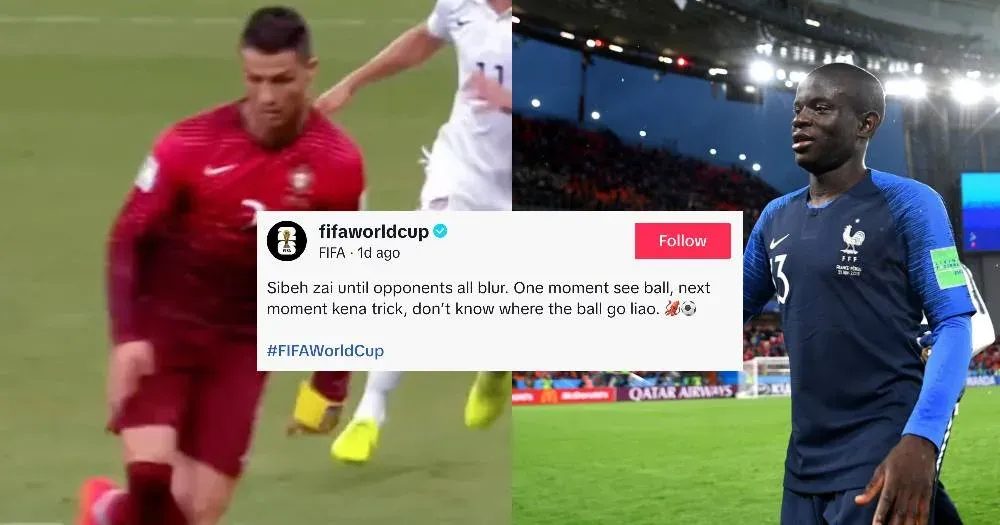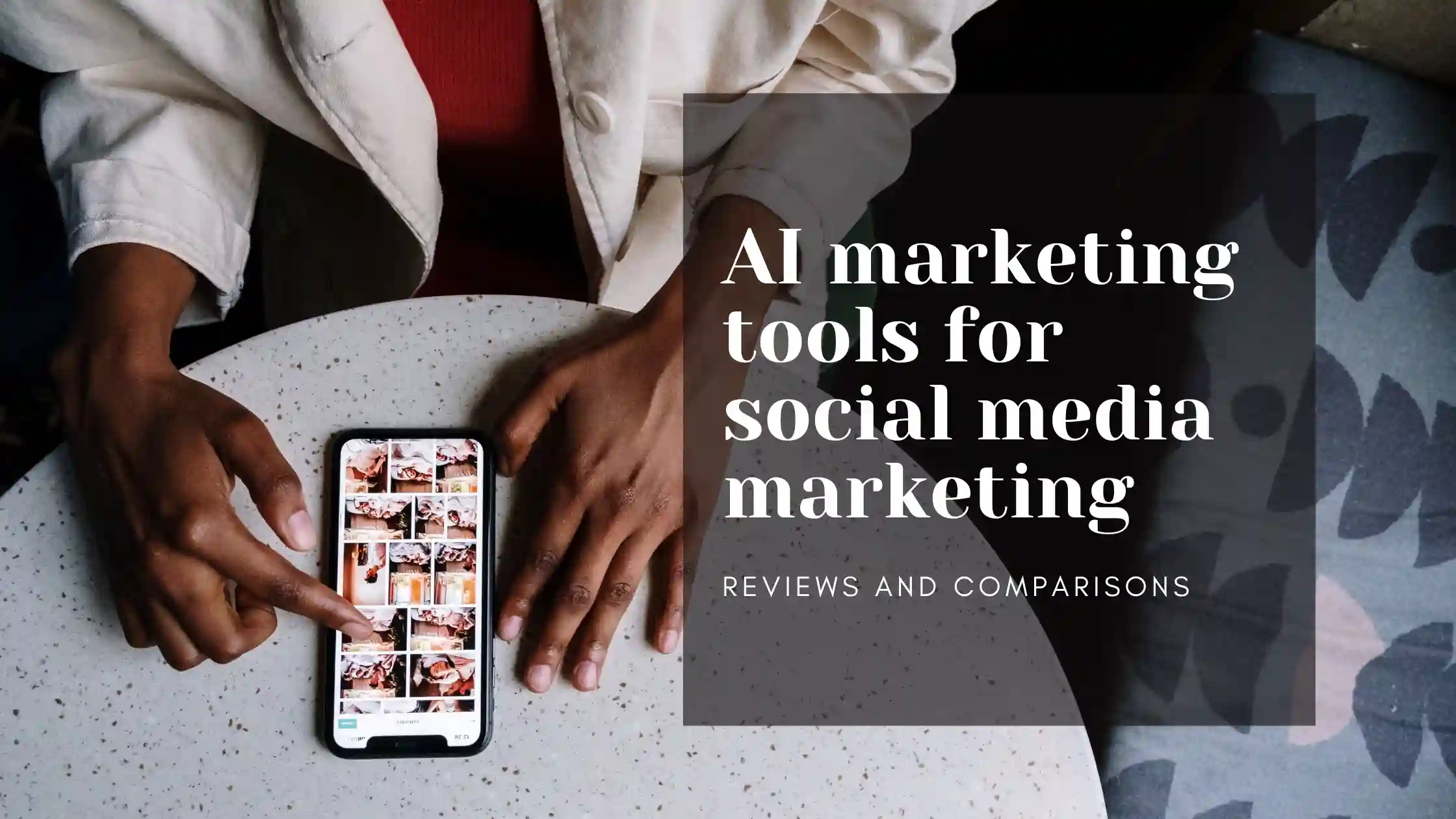FIFA embraces Singlish in TikTok video: trend or localization move?
FIFA’s unexpected use of Singlish in a recent TikTok video has left Singaporeans surprised and intrigued, raising questions about targeted localized marketing.

The Fédération Internationale de Football Association (FIFA) surprised Singaporean football fans with a creative use of Singlish in a recent TikTok video. The video showcased international football stars like Lionel Messi, Cristiano Ronaldo, Kylian Mbappé, and Neymar demonstrating their skills. What truly caught local attention was the caption, written entirely in Singlish:
“Sibeh zai until opponents all blur. One moment see ball, next moment kena trick, don’t know where the ball go liao.”
This informal phrase described the footballers’ brilliance, leaving their opponents confused, or “blur like sotong,” a sentiment reinforced by a squid emoji. The playful use of Singlish raised eyebrows among Singaporean viewers, who took to the comments, surprised that FIFA was adopting such local slang. Some speculated that it was a sign of FIFA employing localized advertising to cater to specific regions and their unique linguistic styles.
Localized advertising, a growing strategy in the digital marketing space, is used to tailor content to specific geographical areas. A recent study by Blis, which surveyed 150 marketers in the Asia-Pacific region, revealed that over 50% of marketers are investing between SG$10,000 and SG$100,000 annually on location-data based advertising. However, many marketers also expressed concerns about how best to measure the effectiveness of these campaigns.

5 brands with their successful localized strategy
FIFA’s experiment with Singlish is not an isolated case. Several companies operating in Singapore have also capitalized on the distinctive local vernacular to build stronger connections with their audience. Below are five notable examples of brands using Singlish in their marketing strategies:
1. McDonald’s Singapore
McDonald’s is well-known for its localisation efforts. In Singapore, they’ve used Singlish phrases like "Shiok lah" in advertisements promoting special menu items such as the Prosperity Burger during Chinese New Year. By speaking the language of everyday Singaporeans, McDonald’s has created a more relatable and engaging brand experience.
2. Netflix Singapore
When Netflix entered the Singaporean market, they leveraged Singlish in social media campaigns to tap into local humor. For instance, they used phrases like “Bo jio” (meaning "Why didn’t you invite me?") in meme-style posts promoting their latest shows. This not only resonated with the audience but also made Netflix appear more in tune with Singaporean culture.
3. Lazada Singapore
E-commerce giant Lazada has incorporated Singlish into several marketing campaigns, particularly during large shopping events like Singles’ Day. Phrases like “Steady lah, free delivery!” have helped them create a more casual and friendly tone, while also standing out from competitors by adding a local twist to their communications.

4. Tiger Beer
Tiger Beer, Singapore’s iconic homegrown brand, often uses Singlish in its advertisements and promotions. Their “Uncage” campaign celebrated local heroes, using Singlish in both captions and video dialogue to connect with Singaporeans on a cultural level. The brand’s use of phrases like “Lagi best” (meaning "Even better") adds a familiar touch to their messaging.
5. Shopee Singapore
Much like Lazada, Shopee uses Singlish to inject local flavor into its campaigns. During sales events, phrases like "Wah, so cheap!" are often seen on their social media platforms and app notifications. Shopee’s adoption of Singlish helps create a fun and interactive shopping experience for their users in Singapore.
These examples highlight a larger trend of brands adopting local language and cultural cues to foster deeper connections with regional audiences. FIFA’s Singlish TikTok post may signal their entry into this marketing approach, possibly leveraging localized advertising strategies to appeal to Singaporean fans specifically.
As brands continue to use regional dialects and targeted content, the future of advertising will likely see even more personalised and localized strategies coming to the forefront.
ContentGrow is a managed talent network for brands and publishers to work with high-quality freelance writers and journalists worldwide. Sign up to get started or book a discovery call to learn more.




